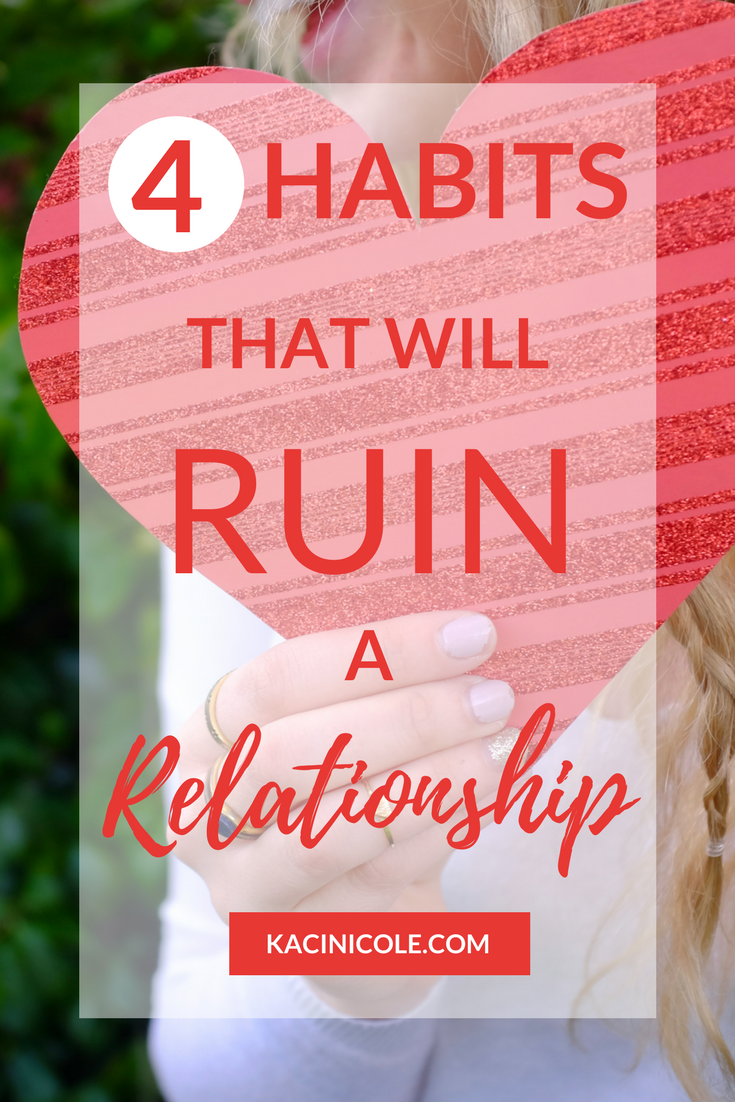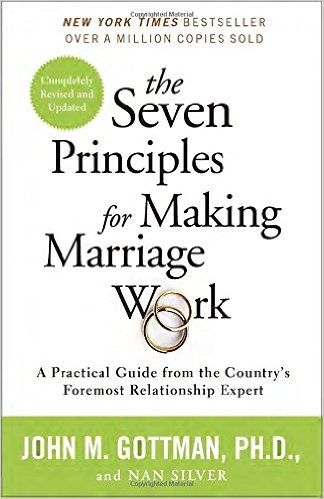

February is finally here—aka the time of year it’s perfectly acceptable to eat an excessive amount of See’s Candies Dark Chocolate Nuts & Chews. Who’s with me?
Valentine’s Day is just around the corner, and whether the holiday finds you single as a pringle, or booking a dinner date with bae, the pops of pink and roses red invading grocery stores, Instagram feeds, and advertisements all around are unavoidable.
Regardless of your relationship status, celebrating the love in our lives doesn’t have to be limited to significant others.
>
“The holiday of hearts doesn’t have to be about what we do or do not have all—but rather a celebration of what we do.”
Thankfulness is trendy to talk about in November, but it’s applicable the other eleven months as well. We all have things we’re waiting on, whether it be a relationship, career breakthrough, or positive pregnancy test. The longings we feel are real, but so are the blessings we already have—and without gratitude we run the risk of missing them.
Today, I’m thankful for my family and friends, ones who are there in the moments it matters most, and who support me without wavering. I’m thankful for mentors and leaders who walk with and pour into me, each leaving a distinct impression on the person I’m becoming. I’m thankful for the amazing people in my life, and I want to continually learn to love them better—which brings me to the topic of this post.
As I mentioned here, I’m starting to share more of the resources that challenge and inspire me on the Books + Pretty Words section of my blog. Today, I’m sharing one I discovered in a communication studies class in college, called the Four Horseman of relationships. This metaphor depicting the end times was developed by Dr. John Gottman, professor emeritus in psychology. Gottman is famous for being able to predict with 98% certainty whether or not a couple will divorce. He bases his predictions on whether or not certain habits are present in relationships—key word being habit. Truth is, we’re human and all of these will occur in most relationships at one time or another, but their habitual presence is when Gottman would classify them as a Horseman—a signal that the relationship was likely to have an end date.

Gottman’s research was centered on his work with married couples, but the principles he discovered are applicable to any relationship, hence why we were studying them in a communication class. I don’t think these habits often come up with acquaintances or even good friends we don’t see often. I think they manifest themselves most in the roommate, family, and spouse relationships—people we’re with day in and day out, who are often exposed to our worst. As I was writing this, I tried to think not of times when others, but I myself have had tendencies towards these habits. I challenge you to do the same as you read! Below are the Four Horsemen—four habits that will ruin a relationship.
4 HABITS THAT WILL RUIN A RELATIONSHIP
1. CRITICISM
Rather than constructively pointing out something that bothered you, criticism is an attack on the person. For example, a complaint would be, “I feel like I’m left to do most of the cleaning on my own. I thought we had agreed to share this responsibility?” Criticism would accuse, “You never do any of cleaning; I always have to do it myself. You’re a lazy, ungrateful slob.” One is a statement on the person’s behavior, whereas the other is shame-driven, and it’s a statement on who they are.
>
““Shame corrodes the very part of us that believes we are capable of change.” – Brené Brown”
2. CONTEMPT
This is basically mean-heartedness. As Gottman says, “Contempt is fueled by long-simmering negative thoughts about a person, which come to a head in the perpetrator attacking the accused from a position of relative superiority. The target of contempt is made to feel despised and worthless.” This can be mocking with sarcasm, name-calling, eye-rolling. Contempt is the single greatest predictor of divorce according to Gottman’s work, and he even found contemptuous couples to have weaker immune systems.
3. DEFENSIVENESS
Defensiveness is the grappling for excuses when we feel accused, in an attempt to get the accuser to back off. It’s a way of shifting the blame rather than owning it, and it corrodes the opportunity to deal with conflict in a healthy way. It’s often rooted in the mistaken belief that “if I own my bad behavior, it means I myself am bad.”
4. STONEWALLING
This is when one person completely checks out, and it’s often a compounded response to being overwhelmed with the first three horseman. It’s when you see someone completely unresponsive, even in the face of a highly upset or angry partner. Rather than confronting the issues, stonewalling, according to Gottman, “is when we make evasive maneuvers such as tuning out, turning away, acting busy, or engaging in obsessive behaviors.”

To read more about Dr. John Gottman’s work, check out his book, The Seven Principles for Making Marriage Work. The communication class I mentioned assigned some chapters as required reading, and it was good stuff. You can also visit Gottman’s website, or listen to Part One and Part Two of a podcast done on his work by the Biola University Center for Marriage and Relationships.
Discovering these habits doesn’t have to mean doom, it can simply be an opportunity to prompt change. What do you think? Did any of these “Horsemen” surprise you? What habits have you found to be detrimental to relationships? Let me know in the comments!
P.S. If you do happen to find yourself in the “single as pringle” category, I have a resource for you! I myself am single and while there are plenty of days that’s not a focus for me, there are some days it’s all I see—and on those days I wish God’s timing looked more like my own. My heart for this devotional is to speak the encouragement and truth I myself have needed to hear on those days. If you’re watching all your friends get married, wondering when it will be your turn, or simply having a hard time waiting on God’s timing, this devotional is for YOU!

Hello I’m Kaci!
I love encouraging and discipling others in the Word of God, and I really love the One it all points to: Jesus.
FAVORITE VIDEOS
How To KNOW WHAT GOD WANTS You To Do
BIBLE STUDY WITH ME | James 1
SINGLENESS & DATING: Waiting on God, or Taking Initiative?




LOVED this post. ❤️ (Pun intended ).
Haha love the pun, and thank you!